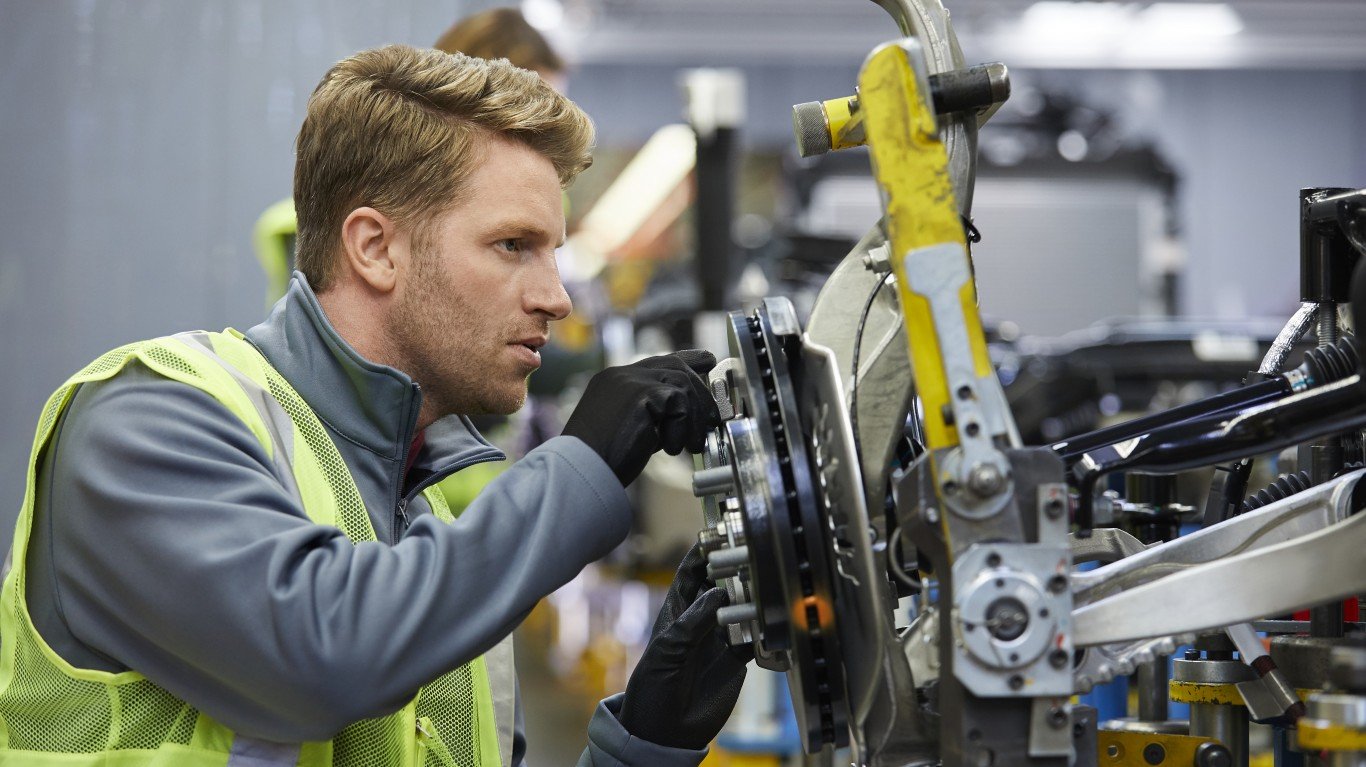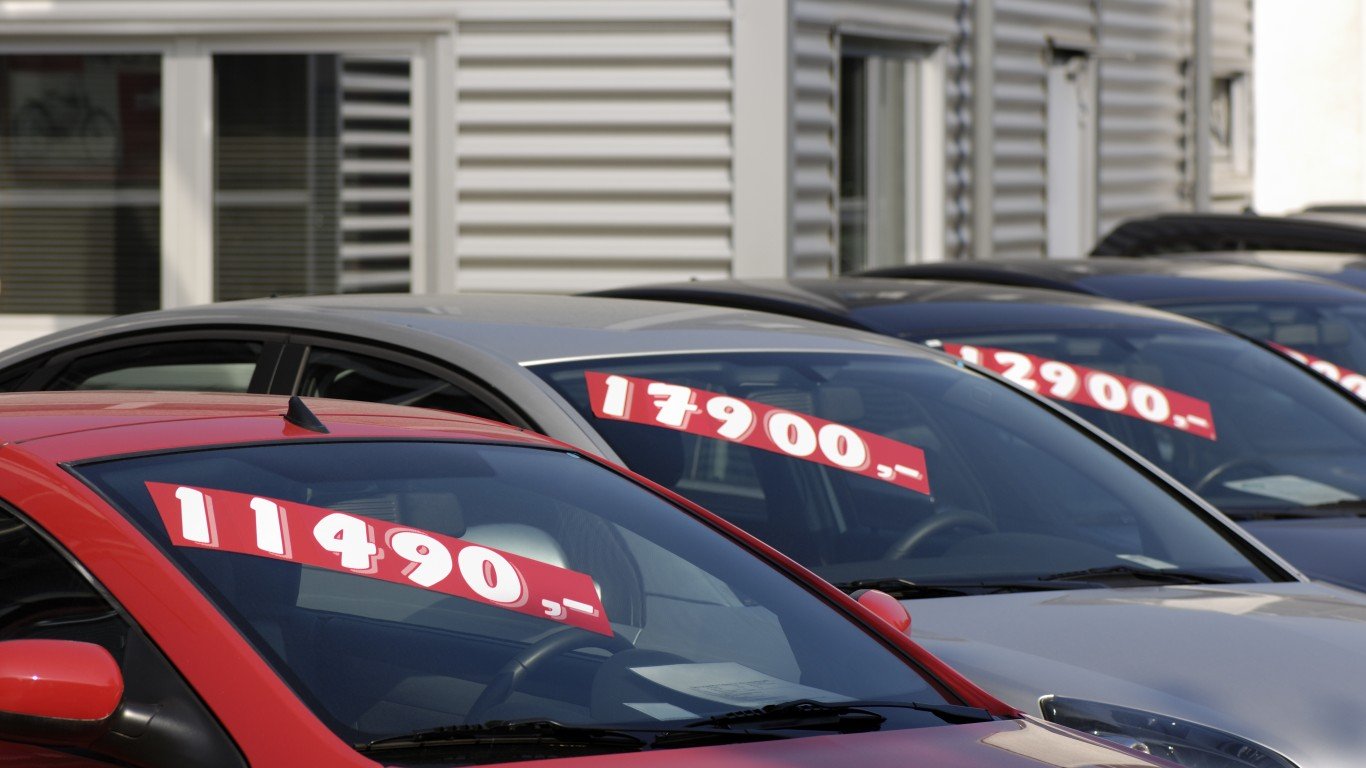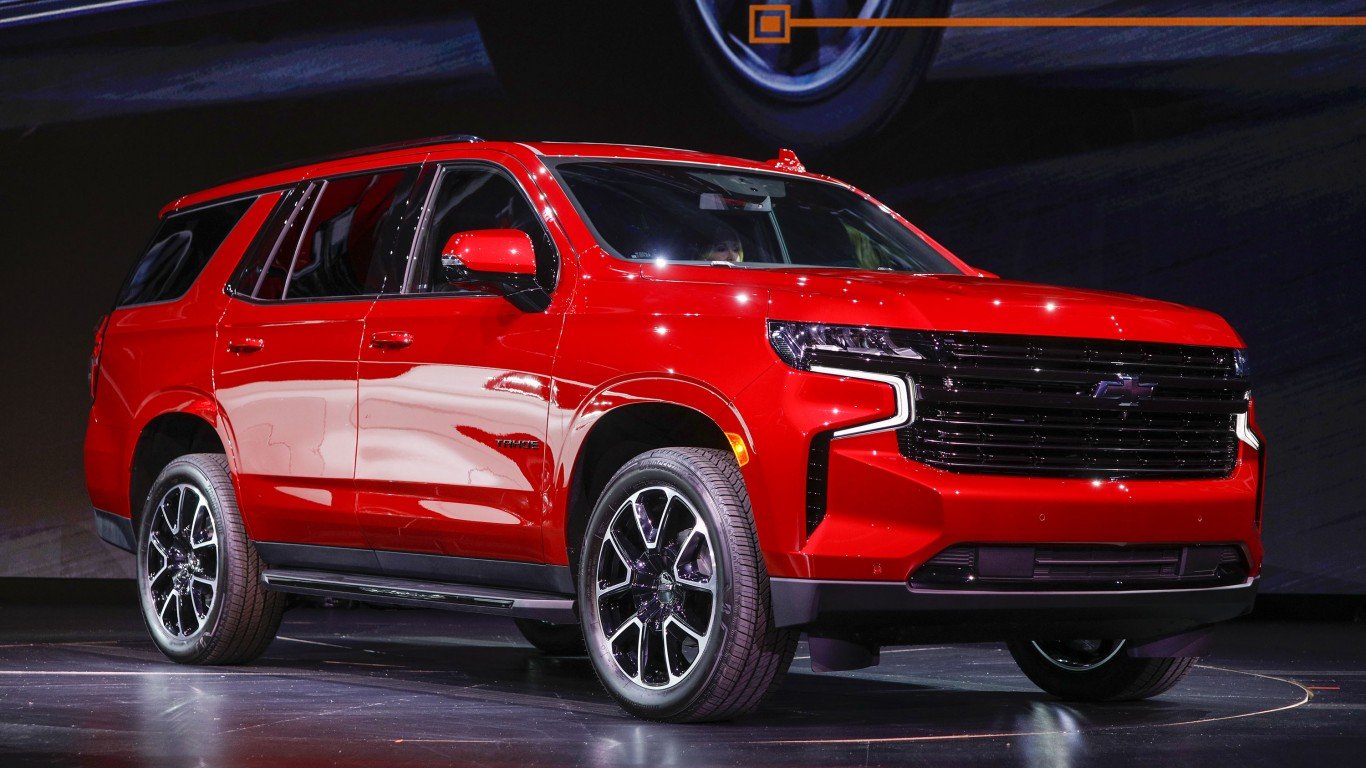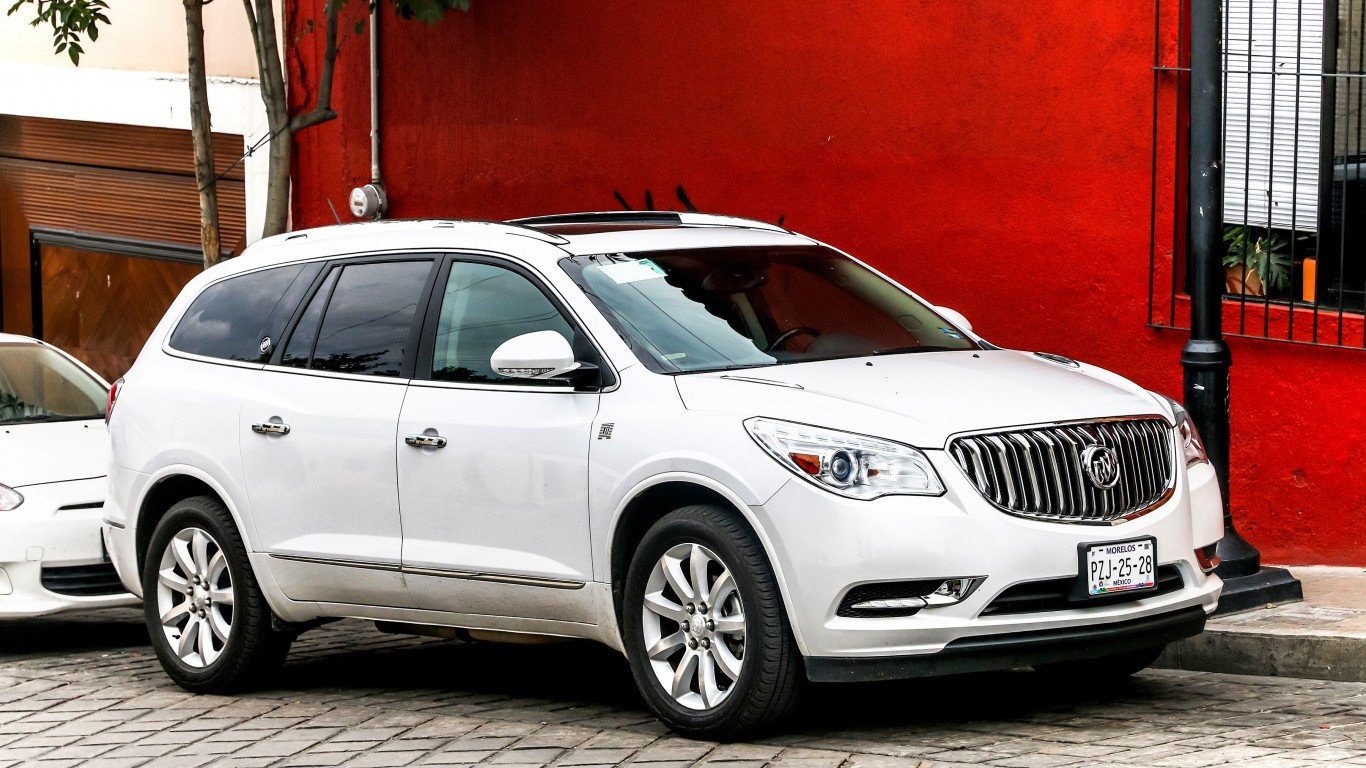

The United Automobile Workers (UAW) has reasonably asked the three U.S. car companies for better worker compensation. All three have had several years of strong financial performance, particularly in America. However, what appears to be a recession in global car manufacturing, particularly outside the United States, has begun, just as labor costs at General Motors, Ford and Fiat Chrysler are about to spike higher.
The most recent settlement among the Big Three, as the American car companies used to be known, is between the UAW and Fiat Chrysler. It involves higher pay and better health care for most of the company’s non-white-collar employees. The agreement also allows for higher profit sharing. Ironically, the contract negotiations finished just as BMW, Mercedes and Audi announced layoffs that total about 30,000 workers, mostly in Europe. Each of these German manufacturers said global car sales have started to fall rapidly and that 2020 will be worse.
The U.S. auto market is the exception to falling sales worldwide. Sales in America have been over 17 million in each of the past four years, a level that industry experts barely could have dreamed of as they emerged from the Great Recession and the bankruptcies of GM and Chrysler. Industry experts believe that the pace cannot continue because the U.S. economy has started to slow and new cars sold in America are on the road longer than they ever have been before. So the push toward higher quality cars did not benefit the industry entirely, at least in the longer term. These are the cars Americans keep the longest.
The Chinese car market, the largest in the world, is among the most serious challenges. Unit growth has dropped in China. As the U.S., EU and U.K. markets have matured, China was expected to be the place that guaranteed a bright future for manufacturers that could get a strong foothold there. As these market share battles are waged, the pie is getting smaller.
Labor costs in one market cannot be separated from labor costs in another. The three American car companies do business across dozens of countries. The profit and loss statements of GM, Ford and Fiat Chrysler show the United States as one of many geographic areas. A downturn in several markets puts pressure on performance in the United States.
The barrier for car companies has become overcapacity. That challenge generally is met with lowered labor costs. Inevitably, this means layoffs. Of course, higher wages and better benefits raise the risk that layoffs will need to be more aggressive. The UAW rightly pressed for better deals for its members. An unintended consequence is that higher labor costs have started to meet a flagging industry. At the same time, a number of companies pay their full time workers very little.
Sponsored: Want to Retire Early? Here’s a Great First Step
Want retirement to come a few years earlier than you’d planned? Or are you ready to retire now, but want an extra set of eyes on your finances?
Now you can speak with up to 3 financial experts in your area for FREE. By simply clicking here you can begin to match with financial professionals who can help you build your plan to retire early. And the best part? The first conversation with them is free.
Click here to match with up to 3 financial pros who would be excited to help you make financial decisions.
Thank you for reading! Have some feedback for us?
Contact the 24/7 Wall St. editorial team.



